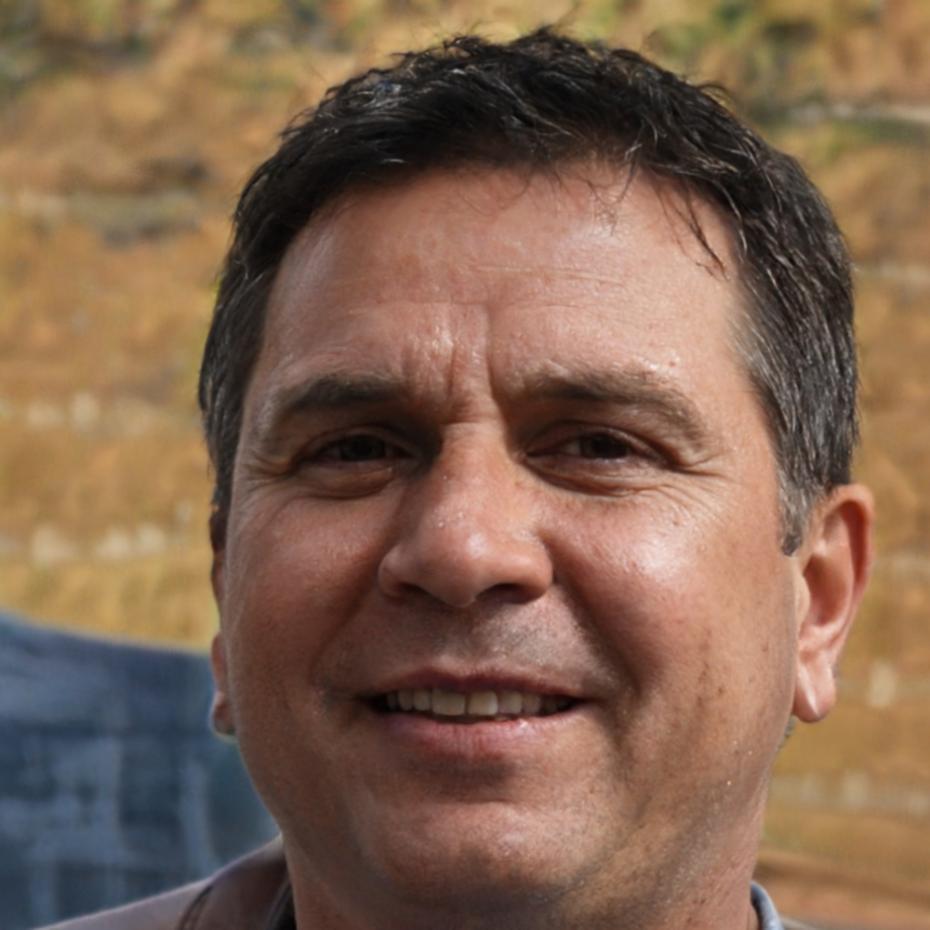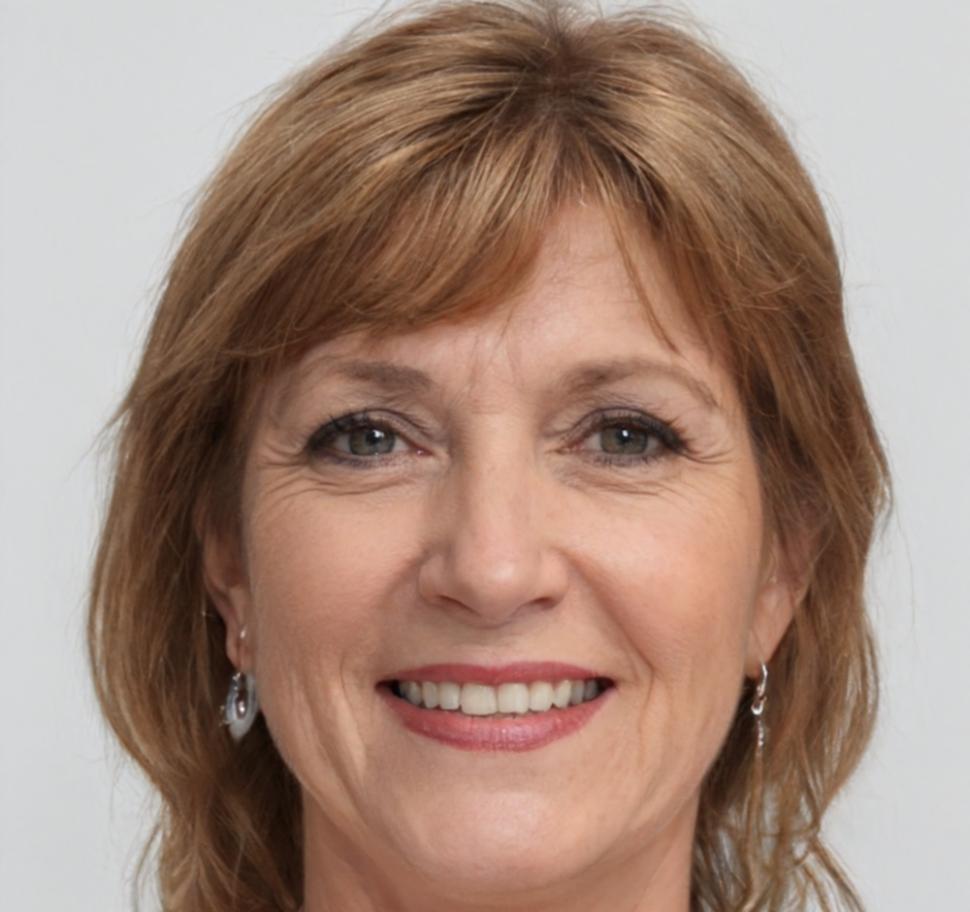Budget Management Training for Real Results
Six-month intensive program starting September 2025. We work with people who want practical skills, not quick fixes. Build financial confidence through hands-on practice and individual mentorship.
Reserve Your SpotWhat Actually Happens During Six Months
Look, most budget courses throw theory at you and expect miracles. We don't do that. Our September 2025 cohort gets something different — actual practice with real scenarios, weekly feedback sessions, and mentors who've spent years managing household and business finances.
You'll work through authentic case studies based on situations we've encountered with Australian families. Some are messy. Some involve mistakes. That's the point. Learning happens when you see how decisions play out over time, not from memorizing formulas.
- Weekly practical assignments using your own financial data (anonymized if you prefer)
- Bi-weekly mentor check-ins to review progress and adjust strategies
- Group workshops every month where participants share challenges
- Access to budgeting tools and templates developed from our own work
Who You'll Learn From

Lysander Finch
Budget Systems Mentor
Spent twelve years helping Australian families untangle financial messes. He's not flashy — just practical. Expect direct feedback and real-world perspective.

Cordelia Blythe
Behavioral Finance Guide
Focuses on why people actually overspend despite knowing better. Her sessions explore patterns, not judgment. Participants often find this part surprisingly helpful.

Thaddeus Wren
Technical Tools Specialist
Makes spreadsheets less intimidating. Teaches practical tracking methods that don't require fancy software. Good at explaining tech stuff without condescension.
How the Six Months Break Down
Months 1-2
Foundation and Assessment
We start with where you are now. No shame, no judgment — just honest assessment. You'll map current spending, identify patterns, and start building a realistic tracking system. Early assignments focus on observation rather than dramatic changes.
8 weeksMonths 3-4
Strategy Development
This phase gets more challenging. You'll develop personalized strategies based on your actual financial situation and behavioral patterns. Expect to try different approaches, fail at some, and adjust. Mentor sessions become more frequent here because this is where people typically need the most support.
8 weeksMonths 5-6
Implementation and Refinement
Final phase focuses on making your system sustainable. We work on troubleshooting, handling unexpected expenses, and building confidence in your decision-making. By week 24, you should have a budget approach that actually fits your life instead of some idealized version nobody maintains.
8 weeks